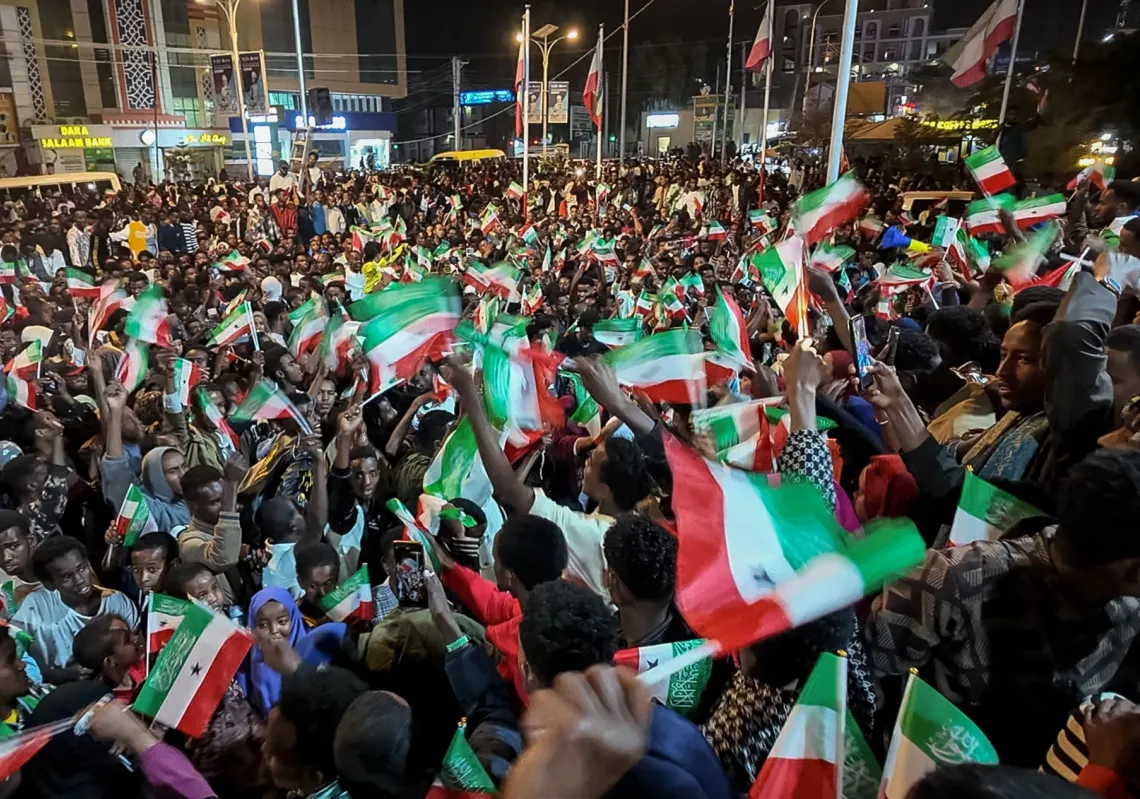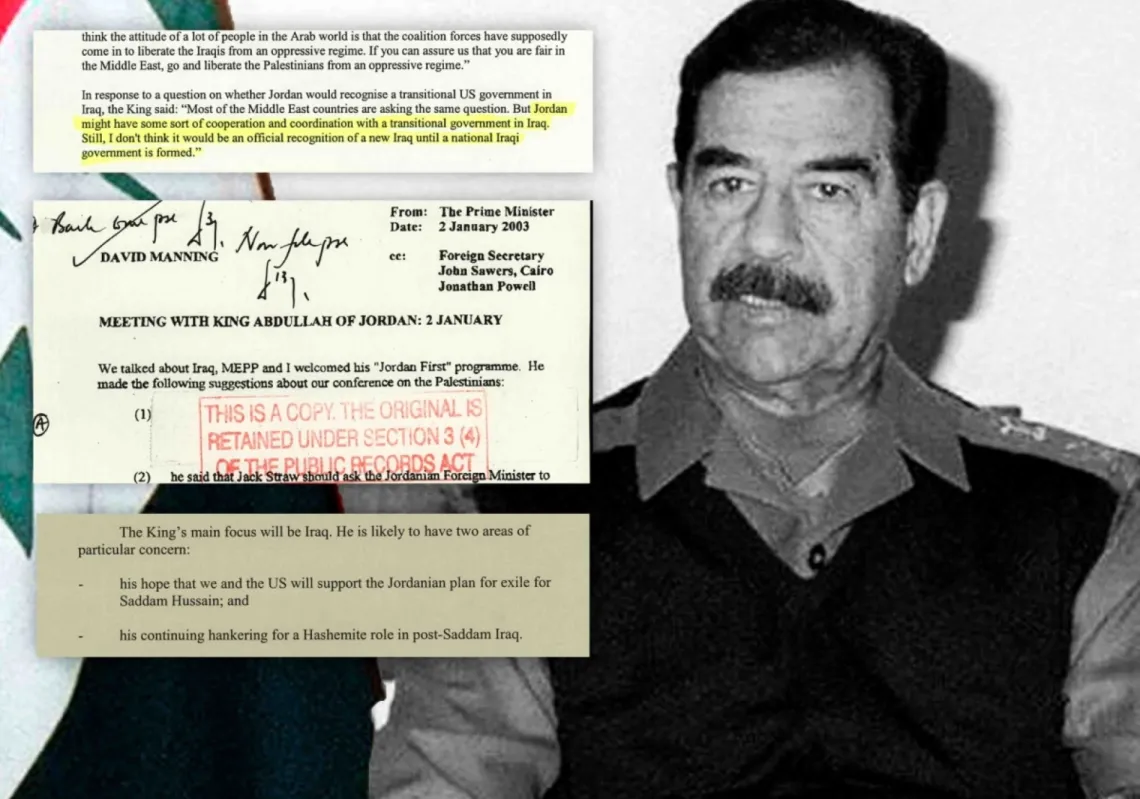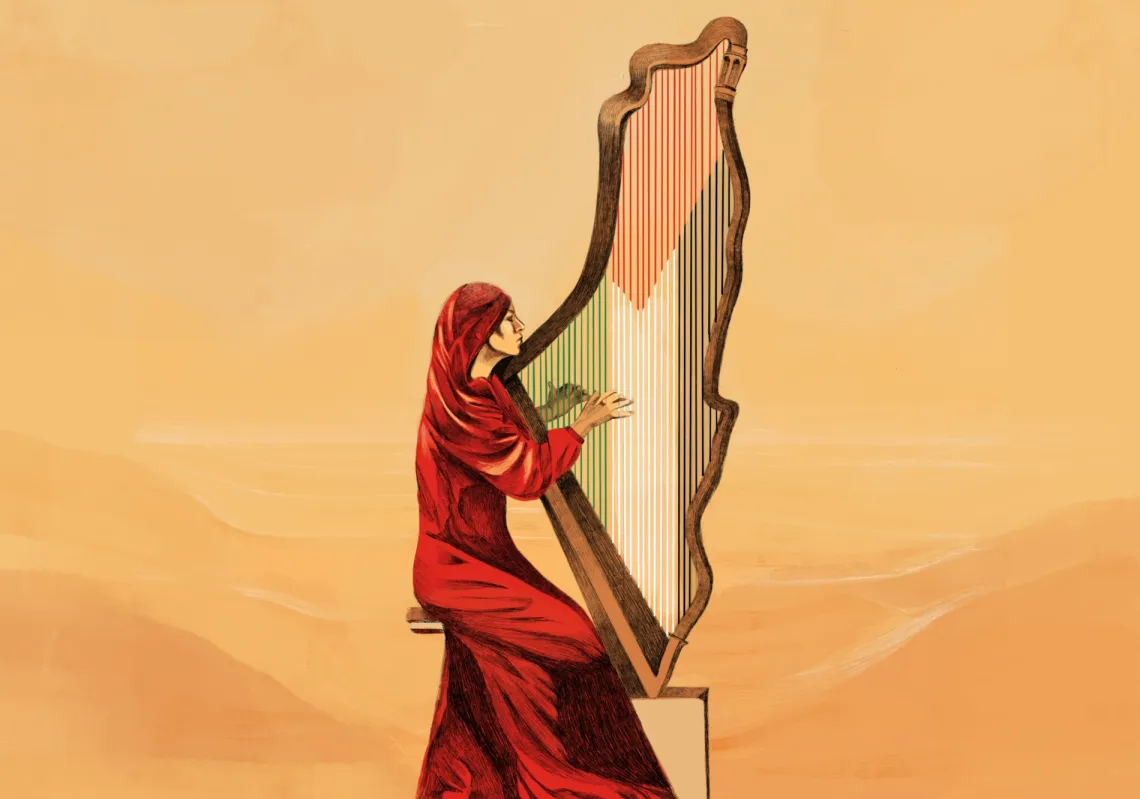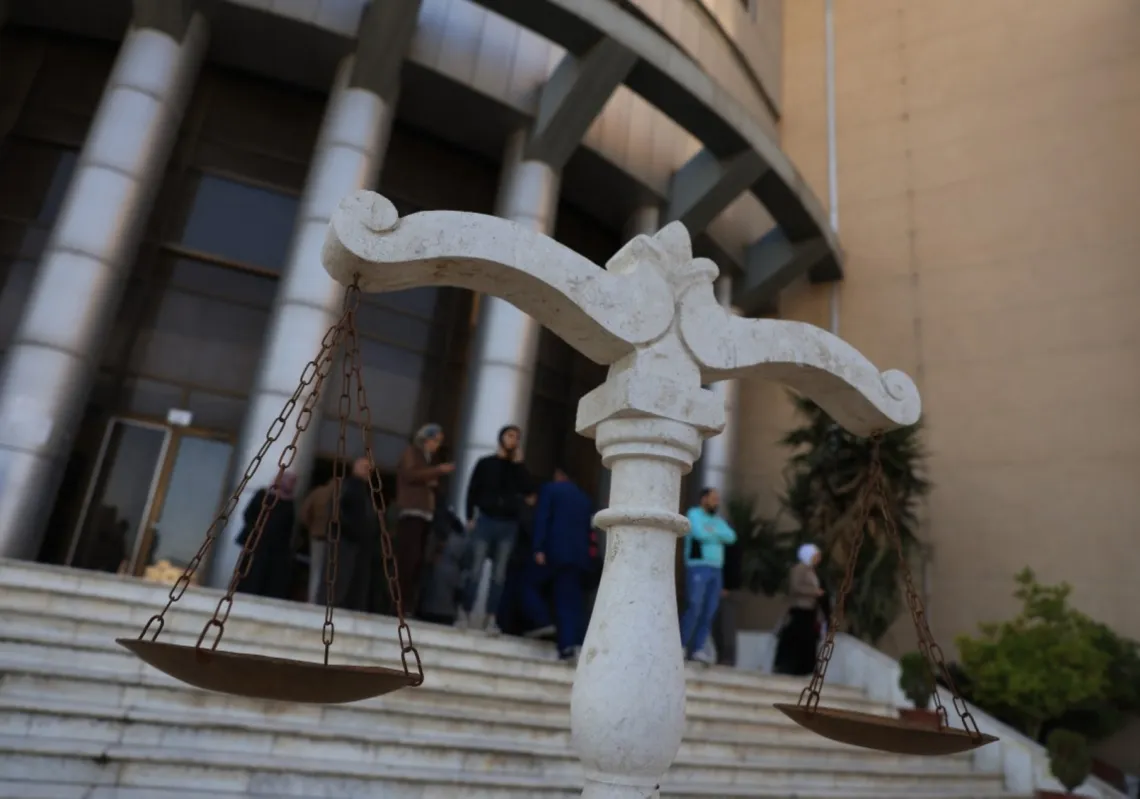It takes just a few days of reading the local press to see why many ordinary Saudis are frustrated with their court system—and sometimes fearful of it. Take these recent cases:
A judge sentences a woman to 300 lashes for entering government offices without her male guardian. A man is given prison time for practicing “witchcraft.” A runaway is ordered to return home to an abusive father who beats her. A businessman has to wait months for his contract dispute to be heard, and then can’t collect his money because the court has so little enforcement powers. An employer refuses to pay his staff but avoids punishment simply by not showing up in court.
Fortunately, King Abdullah bin Abdulaziz has recognized the flaws in Saudi courts and in 2007 he launched a $2 billion overhaul of the kingdom’s legal system.
Three years later, judicial reforms are moving at a glacial pace due to the lack of qualified legal personnel and, many legal observers say, resistance from an entrenched, ultraconservative judicial elite, who are fearful that their long-time control of Saudi courts is threatened by proposed changes.
“It’s going to take time to bring these reforms … because there still is no proper legal education to produce qualified people,” said Ibrahim Al-Modaimeegh, a retired Riyadh attorney and former legal advisor to the Saudi cabinet. “The traditional establishment,” he added, “is by nature against these reforms.”
To be sure, some meaningful progress has been made. A restructuring of the courts has begun. It envisions appeals courts in each of the kingdom’s 13 provinces—so far two of them are in operation—to replace two existing higher courts. The restructuring will also establish specialized lower courts for commercial, labor and family matters. A new Supreme Court is already in place, as is a newly reconstituted Supreme Judicial Council, which now has responsibility for training and supervising judges, a task previously performed by the Justice Ministry. In theory, all this restructuring is to give courts more independence from the executive.
New appointments to senior positions have also brought in more open-minded, pro-modernizing judicial officials. One of them is Sheikh Ibrahim Al-Huqail, head of the Board of Grievances, a court that hears citizen complaints about government agencies. Speaking to a group of court officials, Al-Huqail noted that the kingdom’s current judicial system “dates back 60 years, when life was simpler.” Nowadays, he added, judicial administration “needs an approach that can cope with the country’s continuing advancement, expanding economic and trade activities, and increase in population.”
Islamic law, or Shari’a, “must be renewed, or else we’ll be left behind,” Al-Watan newspaper quoted Al-Huqail as saying.
Justice Minister Mohammed Al-Eissa has also pushed for reforms. He announced earlier this year, for example, that female graduates of law schools will be allowed to represent female clients in family courts.
Lawyers say that new judges are coming from more diverse backgrounds than in the past. Judges are also being sent on training trips abroad, to countries as diverse as Malaysia and France. Riyadh attorney Mohammad Al-Dhabaan noted that “judges who are not open for change” are being moved to desk jobs or into retirement.
Despite these improvements however, most Saudis say that much more needs to be done. A shortage of qualified judges still means long delays in court hearings. But more importantly, legal experts say, is the need for a comprehensive penal code—in order to ensure consistency and predictability in both civil and criminal cases.
Saudi judges issue rulings based on their personal interpretations of Shari’a, resulting in a wide variety of decisions on what constitutes a violation and what the punishment or remedy should be. Most judges are said to be wary of having this independence of interpretation restricted by a written code of law. “Some judges feel if we go by this new system, we will lose a lot of our power,” observed Jeddah attorney Suliman Al-Jimaie.
Another objection to codifying Shari’a stems from the sentiment that adherence to Islamic law, in the same fashion that has been observed for centuries, is a major component of Islamic identity. Proponents of this practice believe it is increasingly important to cling to it in the current age—when western culture has invaded traditional societies all over the world. For them, codification gives Shari’a a western taint.
But many Saudi lawyers say codification is highly desired. “It is a must in order to give clarity and [reduce] ambiguity,” said Al-Dhabaan. There is no reason, he added, why a code cannot “be one hundred percent in compliance with Shari’a.”
In March 2010, the Council of Senior ‘Ulama, the country’s top religious body, reportedly agreed to the long-sought codification of Shari’a. Two months later, Justice Minister Al-Eissa said that this landmark project was proceeding. But little has been heard about the matter since, and it is not yet clear if the government is intending to produce a code meant to be binding for all judges, or simply be a summary of previous rulings.
Codification will be particularly important for commercial litigation, where foreign investors expect transparency and predictability. Saudi Arabia’s accessions to the World Trade Organization and G20 Club have put pressure on the kingdom to bring its commercial courts more into line with international standards.
One foreign attorney practicing in the kingdom said that Saudi judges do not discriminate against foreign businesses, and do respect contracts. But, he added, they lack enforcement powers. As a result, even when a litigant obtains a favorable ruling in commercial disputes, he often cannot collect what he is owed. “It’s easy to win your case, but the problem is enforcement,” the expatriate attorney said.
Writing a formal national legal code would also vastly improve proceedings in family courts for half the population: women. Saudi Arabia is the only Gulf Cooperation Council member that has not codified its family law—which is adjudicated by an all-male judiciary with significant bias against females.
This discrimination obstructs justice, Mufleh Al-Qahtani, chairman of the National Society for Human Rights, told a recent symposium on human rights in Riyadh, the Saudi Gazette reported. “A wife is looked at with great suspicion in divorce cases because it is thought she deliberately created problems with her spouse in order to get divorced,” Al-Qahtani said. “This explains why sometimes it takes a long time to issue a finalized divorce. Time-consuming procedures may force her to relinquish some of her rights such as alimony, an outstanding dowry or custody of her children.” Shari’a rules, he added, should be applied consistently and fairly to eliminate the problem.
Criminal cases often draw the most press scrutiny and citizen complaints. Suspects usually are jailed for long periods even before they are formally charged. Judges often refuse to allow a defendant’s lawyer into the courtroom, and usually close trials to the public. It is not uncommon for a judge to increase a sentence if a defendant exercises his right to appeal. And as there is no ban on self-incrimination, confessions, often coerced, are a common basis for convictions.
In addition, the lack of a legal code means great disparity in sentencing. “In some courts, they give a person five years for the same thing that in another court a person gets a one-year sentence for,” said attorney Al-Jimaie.
The problems in criminal courts are most blatant in the terrorism prosecutions that take place in the recently created Specialized Criminal Court. In 2009, 331 suspects detained on terrorism related charges were tried in secret in this court. Most were sentenced to prison terms of varying lengths and one received the death sentence. These results were announced after the trials, which did not meet international standards of due process, according to several lawyers and human rights activists who were in contact with defendants’ families.
For some Saudi lawyers, the progress of reform has so far only served to highlight the magnitude of the task of bringing the Saudi court system to a level that reflects Islam’s insistence on the importance of justice.
“We can change the buildings, the offices and the system with computers, but the problem is we can’t change the mind,” Al-Jimaie said. “You can make a lot of new laws but the problem is that the judges need a lot of retraining … They need to see that the world is one village.”
Caryle Murphy – An independent journalist based in Riyadh and Pulitzer Prize Winner in Journalism in 1991. She is the author of “Passion for Islam.”








